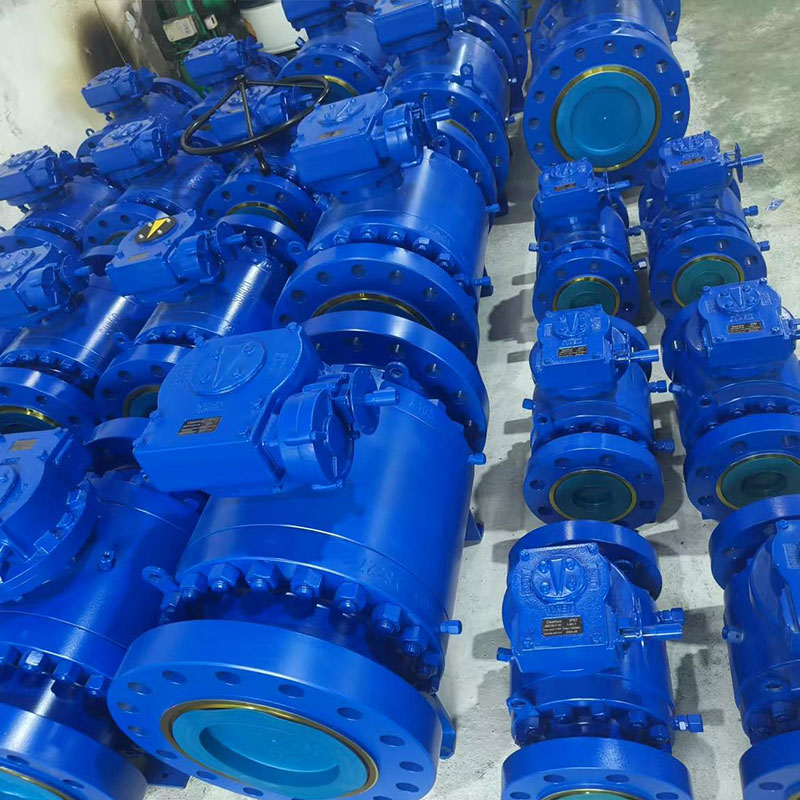

When searching for a trustworthy ball valve manufacturer, understanding the certifications that demonstrate quality and reliability is essential. Certifications serve as proof that the manufacturer complies with industry standards and regulations, ensuring their products meet specific safety, performance, and durability requirements. This article explores key certifications that customers and businesses should consider when evaluating ball valve manufacturers.
One of the most recognized certifications in the valve industry is ISO 9001. This certification focuses on quality management systems and shows that the manufacturer has implemented processes to consistently produce products that meet customer and regulatory requirements. A ball valve manufacturer with ISO 9001 certification indicates a commitment to quality assurance and continual improvement, which can reduce risks associated with faulty valves.
Another important certification is API 6D, which applies specifically to ball valves used in the oil and gas industry. This standard covers the design, manufacturing, testing, and inspection of pipeline valves, including ball valves. Manufacturers holding API 6D certification demonstrate compliance with strict safety and performance criteria, making them a preferred choice for applications where valve reliability is critical.
Additionally, compliance with the American Society of Mechanical Engineers (ASME) standards, such as ASME B16.34, is vital. ASME certifications ensure that ball valves meet the required pressure and temperature ratings, material specifications, and construction quality. Manufacturers that adhere to ASME standards often provide detailed documentation and traceability for their products, which helps customers maintain safety and operational integrity.
For manufacturers supplying valves to European markets, CE marking is an important certification. This mark signifies that the ball valve meets the requirements of relevant European directives, including pressure equipment regulations. A ball valve manufacturer with CE certification ensures that the product has undergone rigorous testing and conforms to safety, health, and environmental protection standards within Europe.
In addition to these certifications, many ball valve manufacturers obtain certification for compliance with environmental management systems, such as ISO 14001. This certification reflects a manufacturer’s efforts to minimize environmental impact during production, which may be a factor for companies prioritizing sustainability.
Certifications related to material traceability and testing, such as those from the National Association of Corrosion Engineers (NACE), can also be important. NACE certification ensures that ball valves are suitable for corrosive environments, particularly in oilfield applications, providing added assurance of durability and performance under challenging conditions.
When selecting a ball valve manufacturer, it is important to verify these certifications and consider how they align with the intended application of the valves. Reliable manufacturers will openly provide certification documents and are willing to discuss their quality assurance processes. This transparency helps build trust and ensures that the valves purchased will perform safely and effectively in their specific operational environment.
Certifications like ISO 9001, API 6D, ASME B16.34, CE marking, and others related to environmental management and material standards play a significant role in determining the reliability of a ball valve manufacturer. These certifications demonstrate adherence to rigorous standards and contribute to consistent product quality. Customers seeking a reputable ball valve manufacturer should prioritize these certifications as part of their evaluation process to ensure they select a supplier capable of meeting their operational and safety needs.

